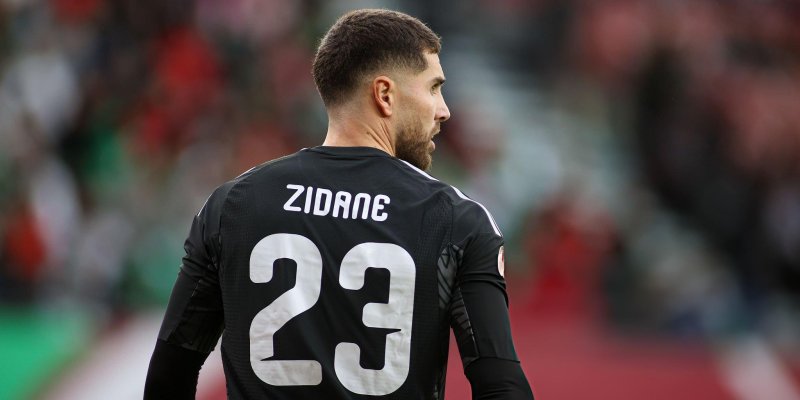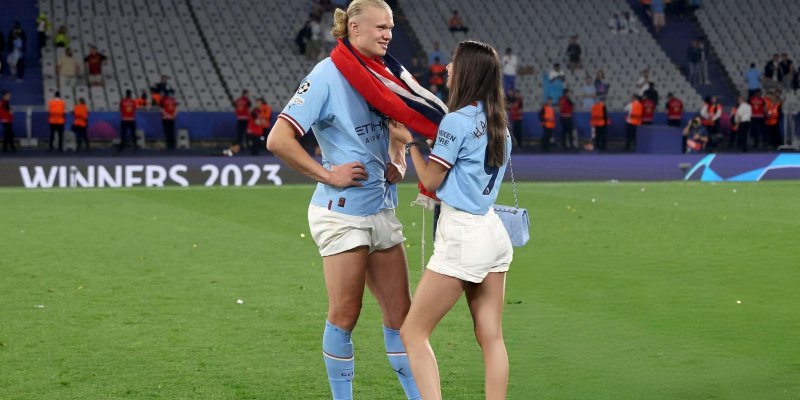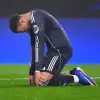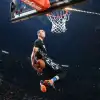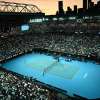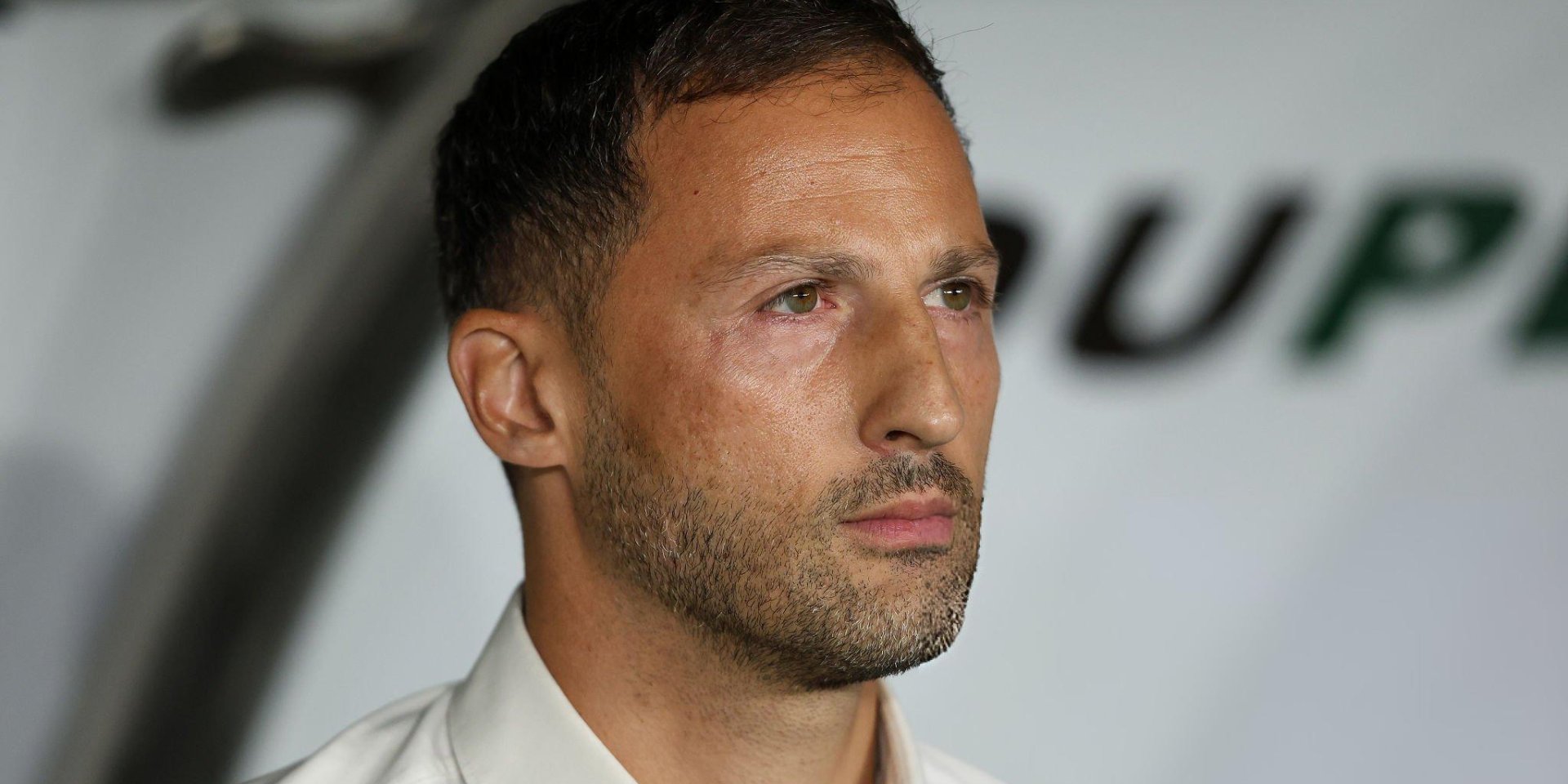
The "Fenerbahçe" management has opted for continuity: Domenico Tedesco will remain the team’s head coach until winter. According to Fotomac, club president Sadettin Saran and the board concluded that a sharp change of manager in the current circumstances would bring more side effects than real benefits. The decision is underpinned by recent results and a plan to reassess progress in January — against the backdrop of the winter transfer window and interim sporting indicators.
Three-Match Test: From the Crisis Threshold to Working Rhythm
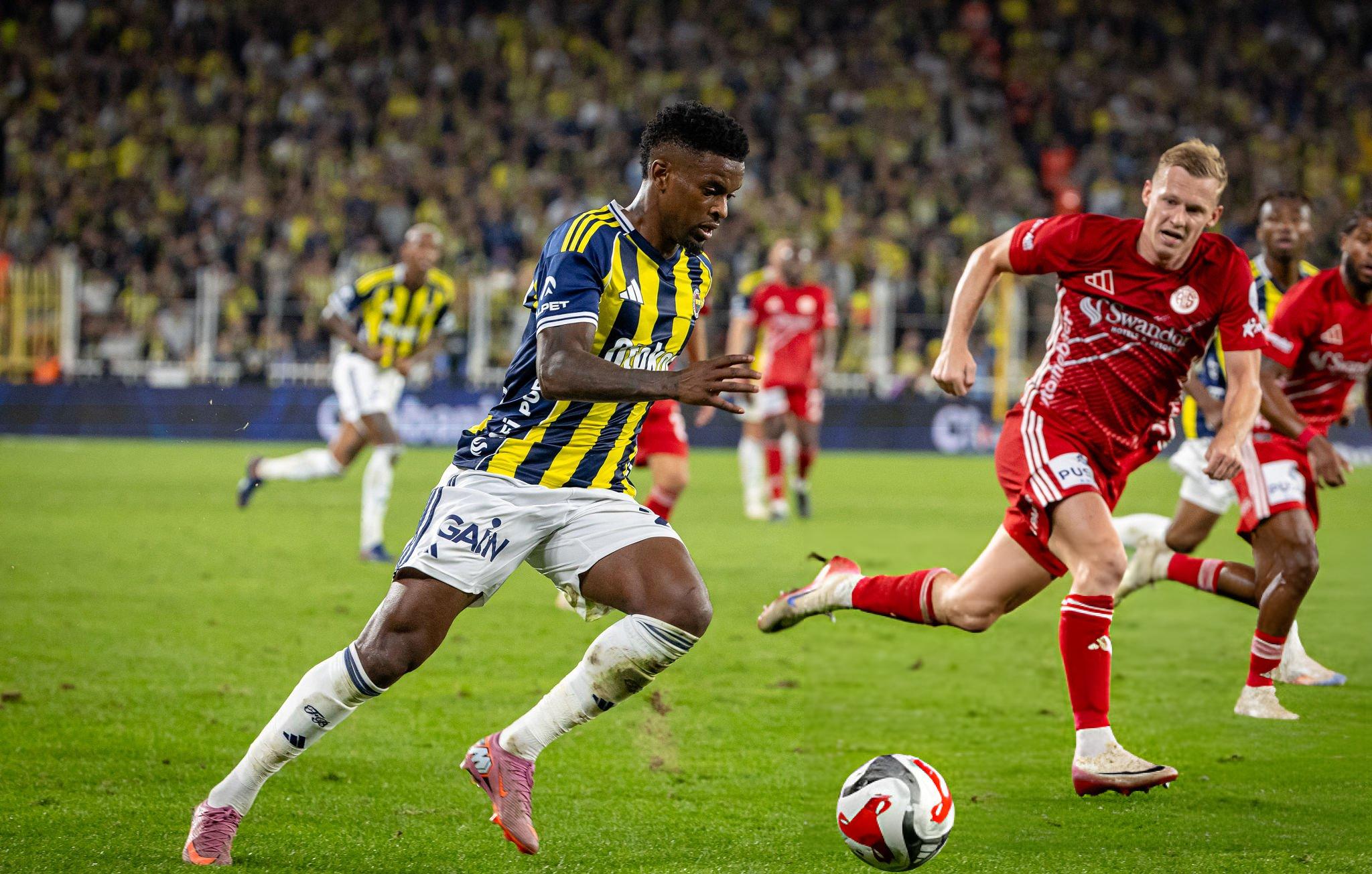
In September, Tedesco was given a clear mandate — three games to reboot the system. The team collected the points and momentum it needed: it beat "Antalyaspor" (2:0), defeated "Nice" (2:1), and drew with "Samsunspor" (0:0). It’s not a perfect run, but it shows the game structure is coming together: the defense is more compact, transitions into attack are shorter, and pressing intensity is steadier over the course of the match. At the same time, there is room to improve the end product and set-piece play.
Why a Dismissal Now Would Do More Harm Than Good
A managerial change in the middle of the autumn cycle almost inevitably triggers upheaval in the dressing room and a loss of tempo. A new staff needs time to audit the squad, assign roles, and rebuild the training process — and with "Fenerbahçe"’s crowded calendar, that resource is limited. The current setup allows quality to grow without a reset from scratch: the players are already adapting to Tedesco’s demands, and the team’s game logic is gradually leveling out.
International Break — A Window for Fine-Tuning
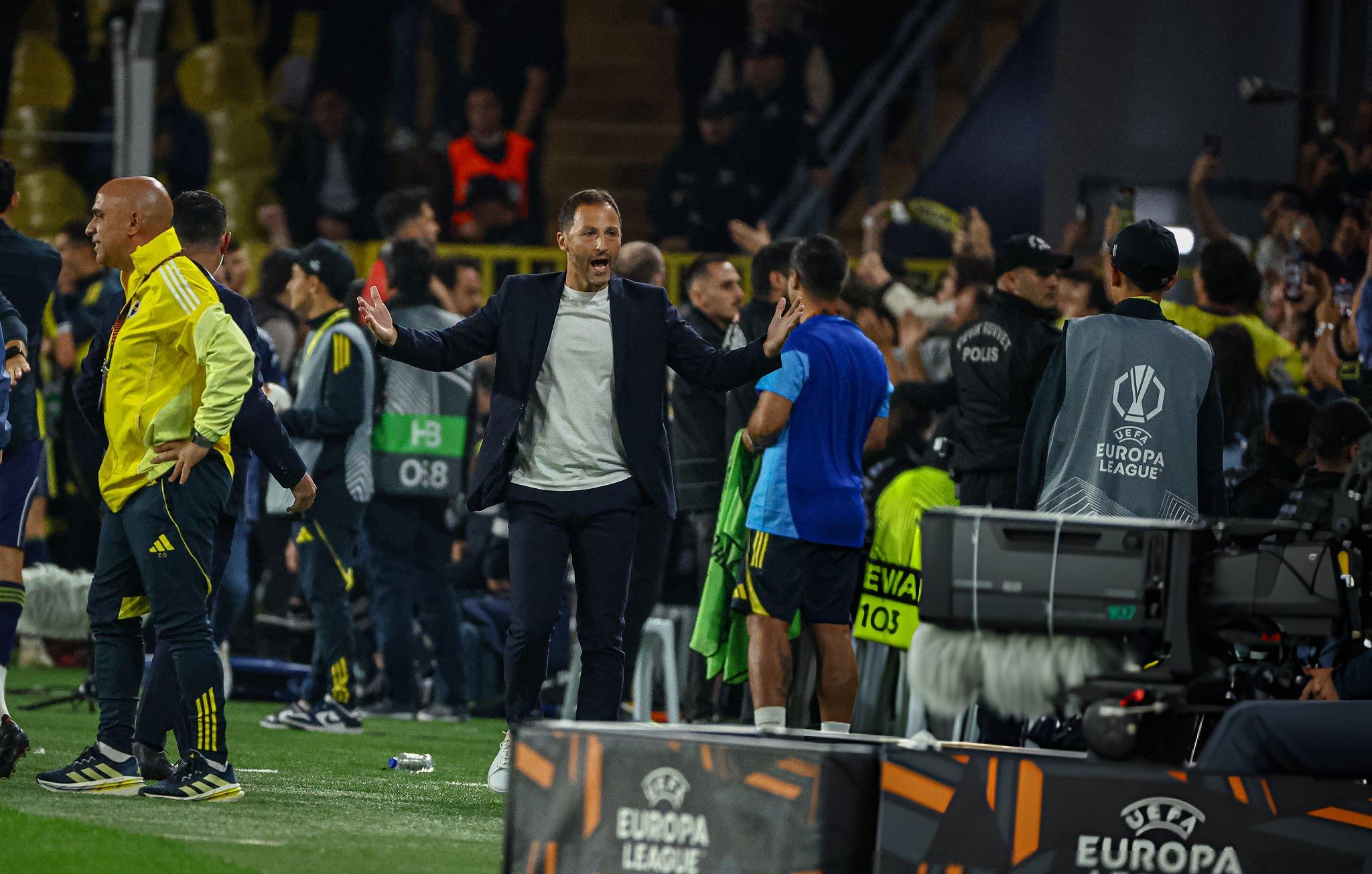
It is noted that the international break was used by the staff as pragmatically as possible: detailed analysis of opponents, adjustments to rotation, work on micro-interactions between the lines, and pressing/counter-pressing scenarios. For "Fenerbahçe", this is a chance to consolidate core principles without the stress of official matches and to allocate roles more precisely across the squad depth, reducing reliance on individual leaders.
January as a Checkpoint: On-Field + Market
By January, the club will have two data sets: on-field results and the possibilities of the transfer window. In focus are the points-accumulation trend, quality of play against opponents of different levels, the balance between attack and defense, and the readiness to make targeted upgrades in problematic positions. At the intersection of these factors, the advisability of continuing with Tedesco — or the need to adjust course — will be assessed.
The Staff’s Near-Term Tasks
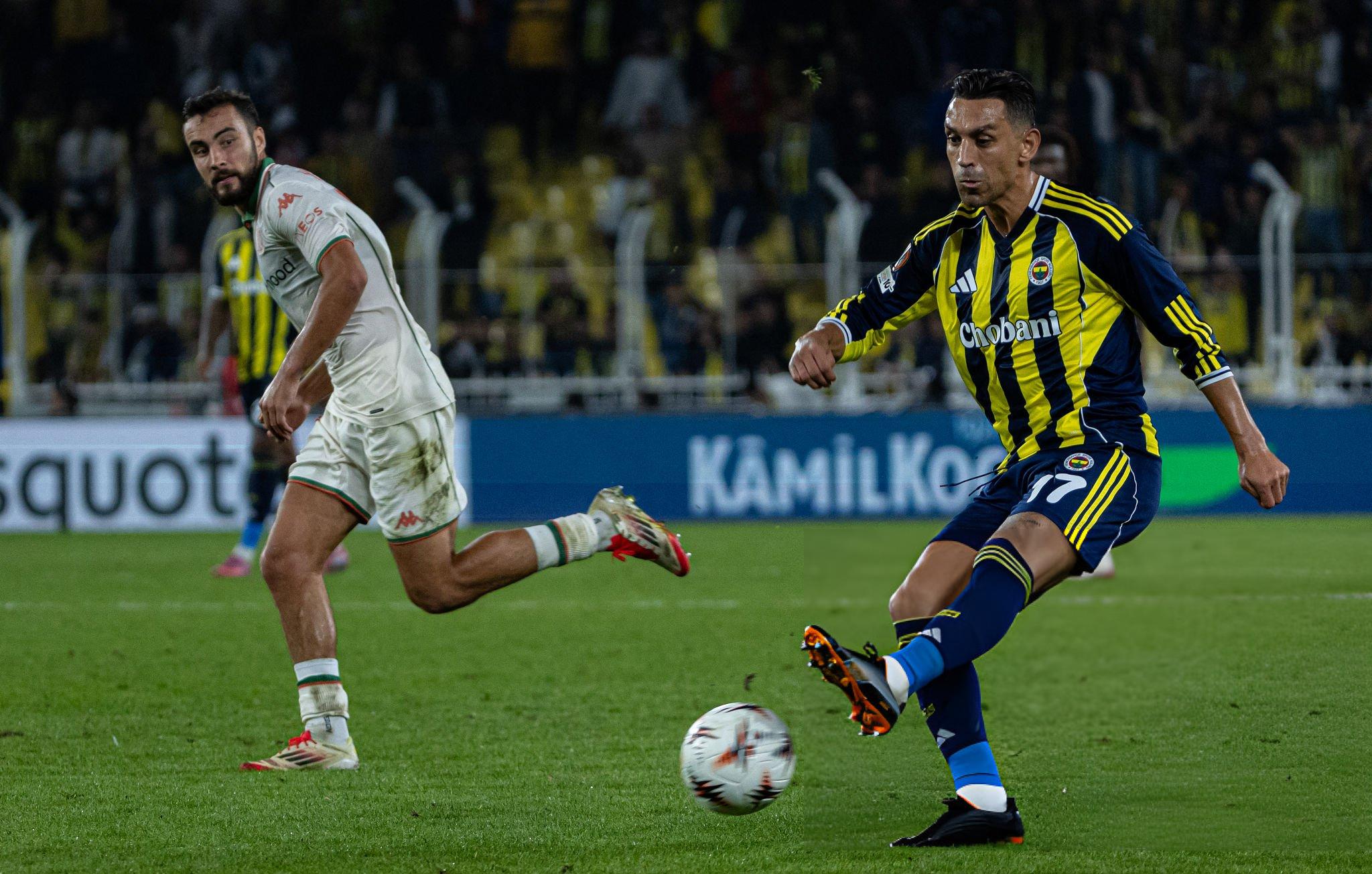
In the short term, the priorities are highly pragmatic:
- stabilize defensive mechanisms in the defensive third and when defending set pieces;
- raise efficiency in the final phase — speed up decision-making in the final third and improve off-the-ball movement;
- sustain pressing intensity without second-half drop-offs through smart rotation;
- add variety to buildup — from positional attacks to quick transitions;
- integrate rotation players so that quality does not drop during a congested schedule.

